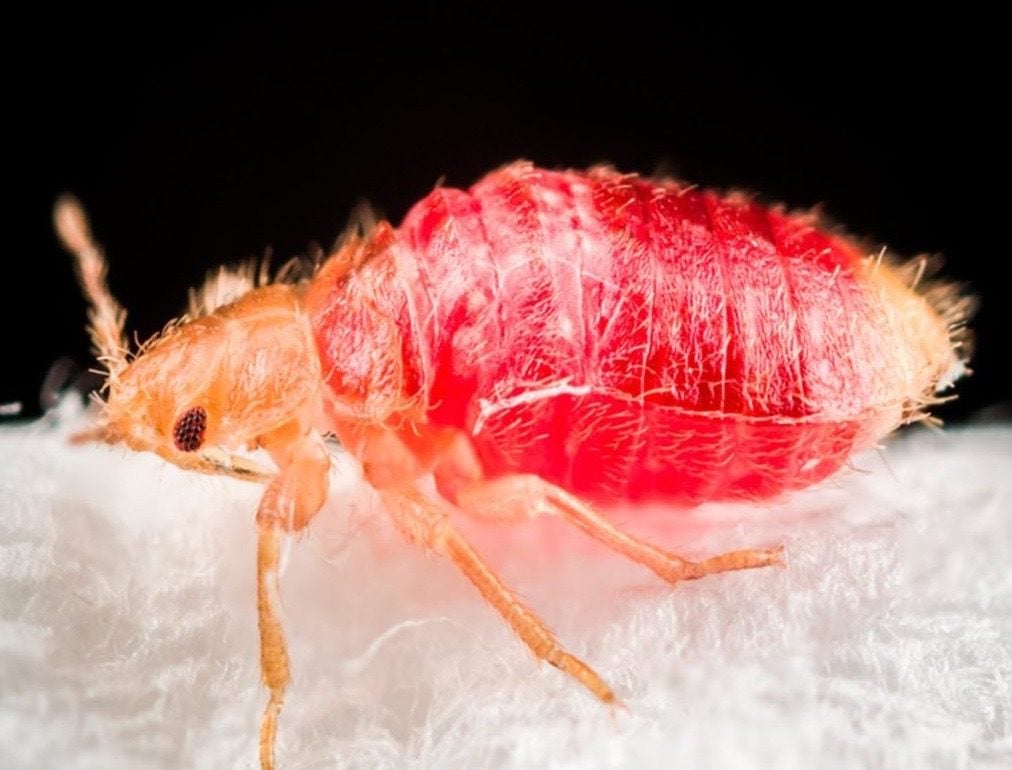Where Do Bed Bugs Come From?
Bed bugs—just the thought of them makes you itchy, doesn't it?

The truth about bed bugs
Bed bugs—just the thought of them makes you itchy, doesn’t it? These tiny critters feed on human blood and love to hide in and around the cracks and corners of our beds. And even though they don’t carry disease, they do cause a red, itchy rash.
When were the first bed bugs recorded?
These bugs have been around for thousands of years. Scientists have fossilized bugs that are more than 3,500 years old. Its believed they originated in the Middle East, in caves that were used by both humans and bats, and in the ancient world they were often used as a home remedy.
Do they exist everywhere?
Bed bugs can be found all over the world, but perhaps surprisingly, the worst infestation problems tend to occur in developed countries where people use bed frames and soft bedding. Between 1930 and 1980, they were almost eliminated because chemicals like DDT were used to tackle infestations, but since DDT was banned, there’s been a huge increase. Many are now immune to today’s pest control chemicals. And increased levels of international travel are helping fuel the problem, as bedbugs can travel on clothing and in suitcases and bags.
Where are the worst outbreaks of bedbugs?
As of 2017, the top 10 bed bug infested cities are: Toronto, Winnipeg, Vancouver, Ottawa, St. John’s, Edmonton, Halifax, Sudbury, Scarborough and Calgary.
What’s the best way to get rid of them
Bed bugs are very difficult to eradicate, especially the eggs, so first it’s important to try and prevent an infestation in the first place. But once they’re established, they breed rapidly. An adult will lay around 250 eggs in their life cycle and they only take six to 10 days to hatch.
Next, check out the most disgusting house bugs—and the best ways to get rid of them.



